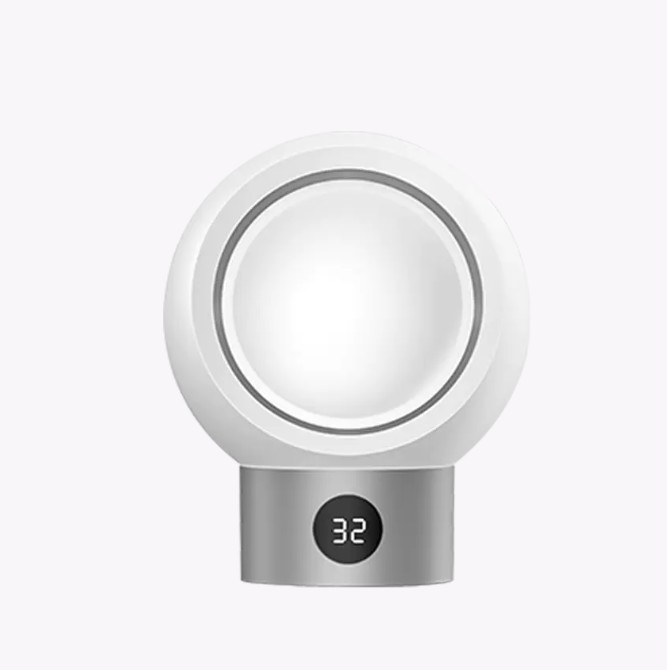Optimizing the efficiency of your electric heater involves a combination of practical measures that focus on insulation, usage patterns, and overall heating system management.
Ensuring your home is well-insulated is fundamental. Proper insulation of windows, doors, and walls prevents heat loss, creating a more stable and comfortable indoor environment. Additionally, sealing any air leaks helps maintain the warmth generated by the electric heater.
Utilizing a programmable thermostat enhances efficiency by allowing you to adjust temperatures based on your daily routine. Lowering temperatures when you are away or sleeping and increasing them when you are at home contributes to energy savings.
Practicing zone heating is another effective strategy. Concentrating heating efforts on specific, frequently used areas enables you to avoid unnecessary heating in unoccupied spaces, leading to energy conservation.
Regular maintenance of your electric heater is essential. Cleaning filters, checking for obstructions, and scheduling professional maintenance ensure that the heater operates at peak efficiency.
Ceiling fans can be employed to distribute warm air throughout the room. Setting the fan to rotate clockwise in winter facilitates the downward flow of warm air, improving overall heating efficiency.
Optimizing furniture placement ensures that warm air circulates freely, preventing obstruction and allowing for efficient heating.
Dressing warmly indoors during colder months and setting the thermostat slightly lower conserves energy. This practice, combined with proper insulation, reduces the workload on the electric heater.
Closing curtains at night traps heat inside, minimizing heat loss through windows. Opening them during the day allows natural sunlight to contribute to heating, further enhancing efficiency.
Consider upgrading to an energy-efficient electric heater if your current model is outdated. Look for heaters with high Energy Star ratings to ensure compliance with stringent efficiency standards.
Utilizing timers to schedule the operation of your electric heater ensures that it runs only when necessary, avoiding unnecessary energy consumption.
Supplementary heating options, such as electric space heaters or heated blankets, can be considered for specific areas or times when additional warmth is needed. These targeted heating solutions can be more energy-efficient.
Insulating hot water pipes connected to your electric heater minimizes heat loss as water circulates through your home, enhancing overall efficiency.
By implementing these measures, you create a more energy-efficient and comfortable heating environment in your home, optimizing the performance of your electric heater while minimizing energy consumption.







